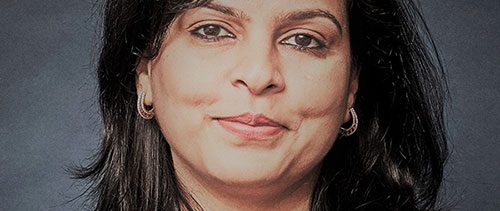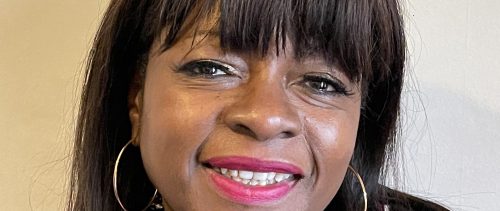- The Expert View
HOW TO INTEGRATE A MULTI-GENERATIONAL WORKFORCE
We asked the experts how to fuse the experience of Baby Boom board members with the energy and tech-savviness of Gen Z.More Questions
We asked the industry experts...
How to integrate a multi-generational workforce

Kriti Jain
Business Breakthrough Specialist, Consultant, Coach, Author, Visiting Professor
Two keywords - mentoring and reverse mentoring.Know more about Kriti Jain →
Just like the older generation is important in passing on traditions and legacy, younger folks take the evolution of mankind forward with technology and ingenuity. It is a subtle dance between past and future, between memories and imagination.
A common denominator across generations is the desire to leave the planet better than what we found. That is the glue that helps integrate their differing mindsets.

Flooris Van der Walt
Author, Executive, Mindset Transformational Coach
Several great examples have been implemented: every person above 50 must have a mentor under 30, the leadership team creates a “shadow” youth leadership team as reflective partners, project teams have to be generational diverse, allowing the youth to present their views and opinions at leadership events and gatherings, etc.Know more about Flooris Van der Walt →
With a bit of reflection, there are multiple ways of integrating a multi-generational workforce – the main thrust is to allow the youth to speak up and - out.

Marcia Hazzard
Consultant at Included
If we take an inclusive approach to the workforce, then integrating multigenerational workers is no different to creating that sense of belonging that we are embedding within our organisation’s culture. The key to this must be:Know more about Marcia Hazzard →
• Recognising difference: Understanding that there will be different motivators, aspirations, and goals for different employees, and some of those will be defined by their life and career stage.
• Engagement: Once we understand what the extrinsic and intrinsic motivators are, we can look at ways in which we can promote greater engagement. What is the mutual value that both the organisation and the employee can add to each other’s experience?
• Collaboration: How do we build collaboration between diverse teams? We can create an environment where younger and older workers understand and appreciate each other’s value, ensuring that there are opportunities for both to contribute, grow and succeed.

Adam Kingl
Author, Educator, Keynote Speaker, Advisor
Review and articulate the values from just words to phrases that suggest actions, and more importantly, outcomes that employees should work toward. From “Integrity” to “We are one team and value the diversity and potential of every individual”. From “Customer Centricity” to “We embrace new ideas to exceed our customers’ expectations.” From “Excellence, Team Spirit and Sustainable Value Creation” to “We deliver on our promises and stand up for what is right.” The difference is a remarkable guiding light that illuminates a path away from corporate-speak to a rather clear shift toward significant paradigms of the younger generation.Know more about Adam Kingl →

Matt Marsh
Business Breakthrough Specialist, Consultant, Coach, Author, Visiting Professor
This is less about process, but rather about putting in place the right attitudes and mindsets that allows for fresh thinking and ways of collaborating to emerge.Know more about Matt Marsh →
Related Questions
ASK OUR EXPERTS
Headspring is a joint venture between the Financial Times and IE Business School established in 2015. Our highly influential FT journalists deliver a unique perspective on the events that shape the world of business, and our IE faculty brings an entrepreneurial mindset with a sharper edge and greater impact through technological immersion and a culture of innovation.